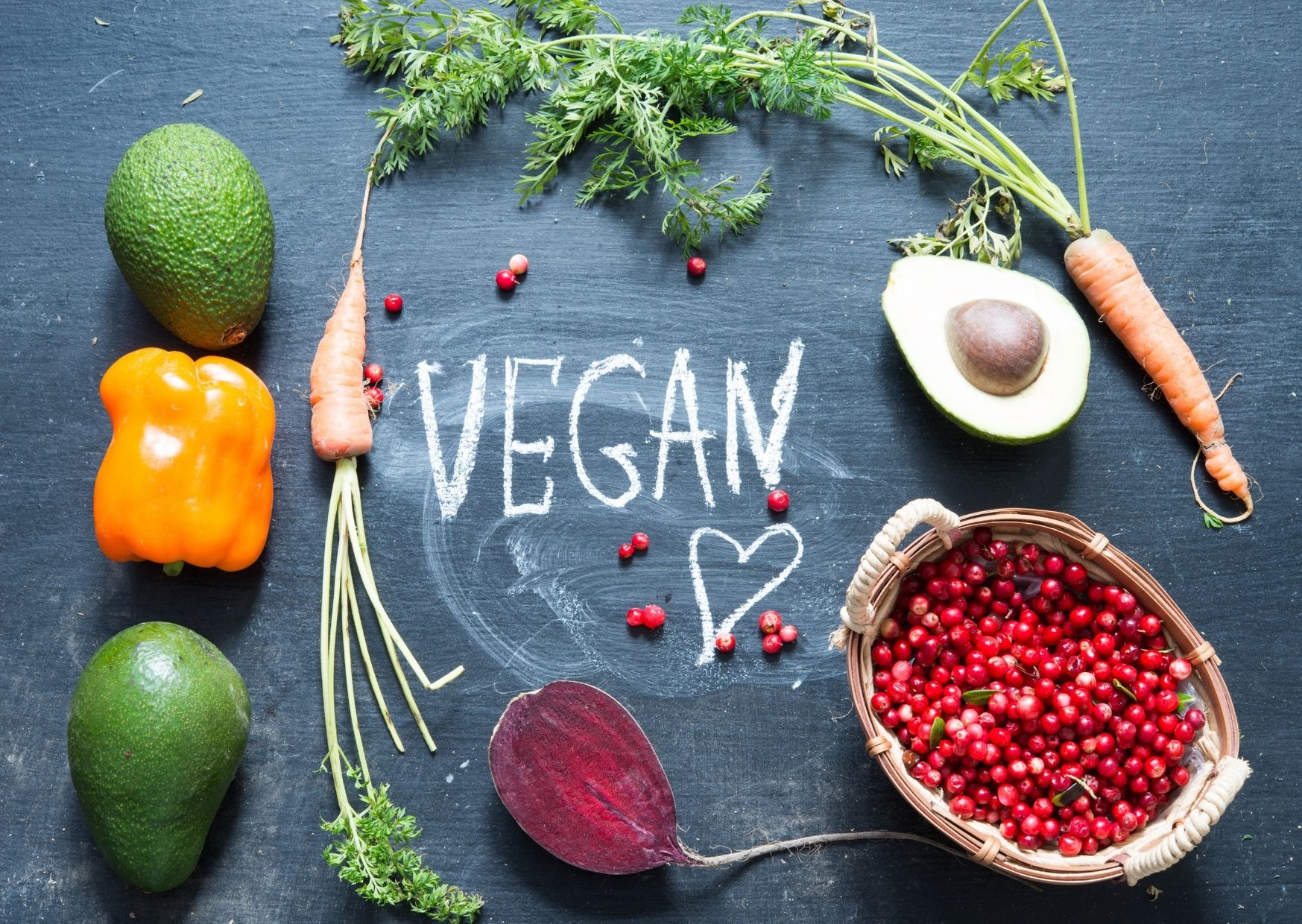EUTM Invoice Scams: German Courts deliver judgement against fraudsters
24th October 2024

Just a few years ago, you’d be hard pressed finding a vegan option on a menu and you’d surely struggle to find ready-made vegan meals in supermarkets. But change happens rapidly these days. The popularisation of veganism was spurred by Millennials and GenZ-ers, who are ethically diverse, health conscious and technologically connected. The thing is - it’s cool to be vegan now.
Interest in veganism increased seven fold in the five years between 2014 and 2019, according to Google trends. Latest research from The Vegan Society UK indicates there are over 600,000 vegans in Great Britain, making it one of the fastest growing lifestyle movements . There were just 3,300 sign-ups to UK’s Veganuary campaign in 2014, there were 400,000 in 2020. A Bord Bia report from 2018 estimated that ‘Dietary Vegans’ represented 4.1% of the Irish population .
Entirely vegan restaurants are sprouting up all over the country, supermarket shelves are stocked with a large variety of vegan products. While some people are transitioning to completely vegan diets, others are simply incorporating more plant-based food into their meals, adopting Meatless Mondays, or filling their cupboards with exotic grains they struggle to pronounce, quinoa, tabbouleh, chia seeds.
Veganism is no longer regarded as a minority lifestyle; it’s entering the mainstream market, and quickly. It’s not just vegans consuming vegan food anymore. With this exponential growth in the industry comes increased competition, which in turn presents an enhanced need for producers to differentiate themselves from others.
Why Trade Mark your Vegan Brand?
Producers differentiate themselves by developing their brand image, which is then legally protected by obtaining a Trade Mark registration.
A Trade Mark registration grants a statutory right to prevent others from using your Trade Mark without permission. Unauthorised use of a Mark may result in loss of business and goodwill, enabling others to benefit from the reputation established by your company. A Trade Mark registration typically lasts for ten years and can be renewed indefinitely (subject to use requirements in certain jurisdictions), which makes it an incredibly valuable business asset.
So, while it may appear to be costly and time consuming to apply for a Trade Mark registration when you’re only just entering the market, it will save money and time in the long run and guarantee that any goodwill generated (which will likely happen quickly) will be protected from the outset.

Why are Vegan Trade Marks Regularly Refused Registration?
A lot of vegan producers are aware of the merits of obtaining a Trade Mark but hundreds of Trade Mark applications don’t make it through to registration. While there may be various reasons for this, there is one which is strikingly apparent.
A vegan producer needs to identify that their product is vegan. What better way to do this than to include the term ‘vegan’ in their brand name. Consumers will quickly be able to identify that we sell vegan food. Great, makes sense. But, it doesn’t make for a good Trade Mark. Why? Because it’s descriptive.
One of the main rules of Trade Marks is that they cannot be descriptive of the goods and services on offer. For example, you can’t register the term ‘Apple’ for a brand of apples, whereas the term ‘Apple’ was successfully registered for computers. The reasoning behind this is that descriptive terms should remain available for all traders in the industry to use as part of their marketing efforts. Anyone selling apples should be able to put the word ‘Apple’ on their packaging to identify what they’re selling. If ‘Apple’ for a brand of apples was granted registration, it would confer potentially indefinite monopoly rights to the proprietor, preventing any other apple producers from using the word ‘Apple’ on their packaging. That wouldn’t make sense.
What are our Top Tips?
First of all, get advice. Trade Mark Attorneys are also brand advisors and help clients from the start of the brand development process. Time, money and passion are invested in designing a brand and it’s natural for brand owners to become quite attached to the finished product. We’ve seen several brand owners disappointed when their Mark is refused registration because they didn’t get advice at the start of the process. Trade Mark Attorneys have a wealth of experience in getting Trade Marks through to registration. Obtaining professional opinion during the development process will save time, money and disappointment.
We provide below, some of our top tips for developing your vegan brand:
FRKelly Top Tips: Eggcellent Punmanship
A lot of vegan brands use distinctive, witty puns to distinguish themselves, while also identifying to consumers that they are vegan producers. A lot of effort can go into developing these puns and intellectual property rights can be attached to some of them. Good examples include VEGANAISE , HAPPY PEAR and STRONG ROOTS. The key is that these puns are distinctive and at most, merely allusive of the goods.
FRKelly Top Tips: Keep it Simple but Distinctive
You don’t need to incorporate the word ‘vegan’ into your brand name to identify your product as vegan. You can always use slogans like ‘vegan-friendly’ on your packaging or obtain licence to use Vegan Certification Marks. Keep the brand name distinctive and non-descriptive. Good examples include QUORN, DAIYA, GARDEIN, EARTH BALANCE.
Remember, vegan is the future and a lot can change in a few years. It’s imperative to get ahead of the game, protect your brand now before the market becomes saturated with competitor products. And when in doubt, contact a professional, we don’t bite.